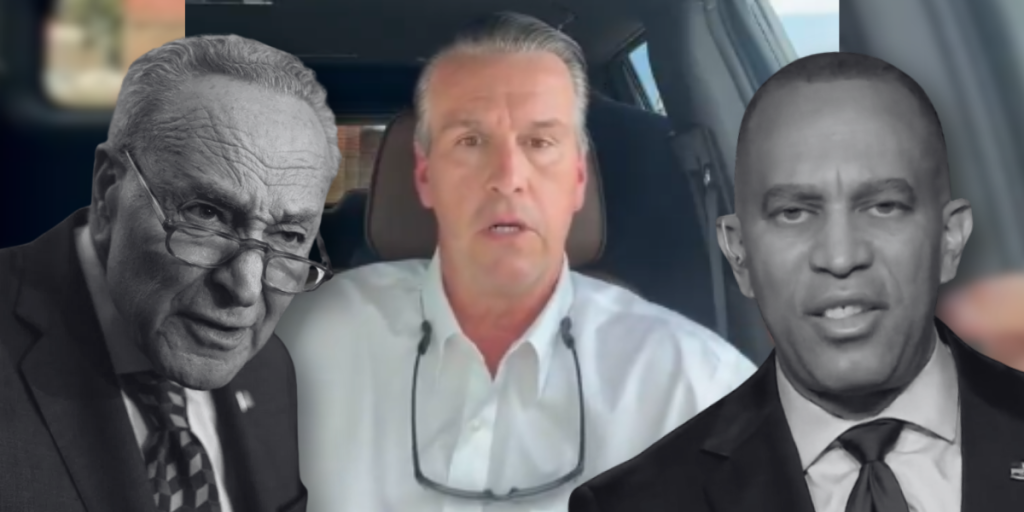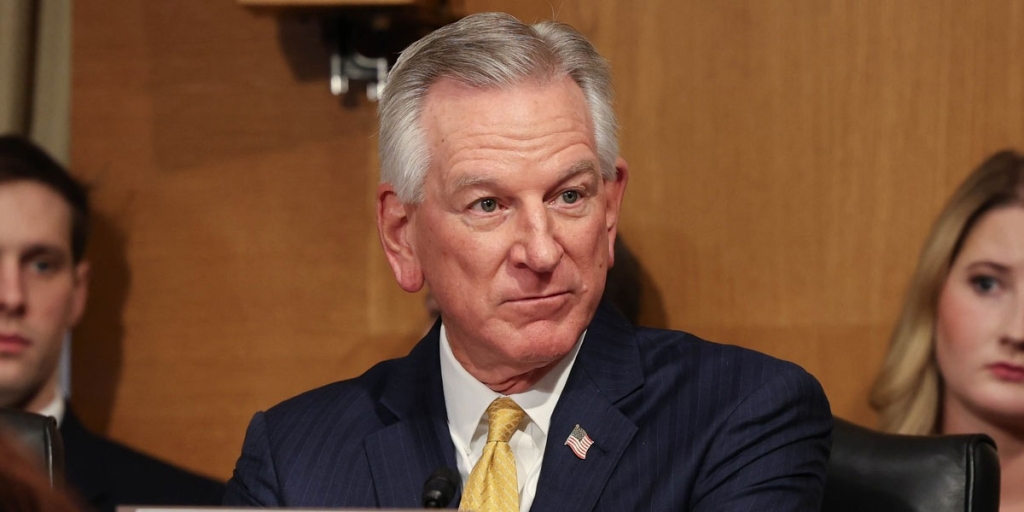
1. Trump is positioned to win, but Rubio and Cruz have a chance to grab delegates.
Alabama has 50 delegates up for grabs in the Republican race. Those delegates will be awarded proportionally, meaning that if a candidate gets 20% of the vote, he will also get 20% of the delegates.
However, there are some caveats to this rule.
Alabama becomes “winner-take-all” if a candidate exceeds 50% of the vote statewide or in certain congressional districts. It is unlikely that any candidate will reach that threshold in such a crowded race. However, there is another threshold that will undoubtedly come into play.
The minimum threshold to receive any Alabama delegates is 20% of the popular vote. Only candidates who exceed that 20% threshold share in the delegate allocation.
All polling points toward a runaway victory for Donald J. Trump, and Senator Jeff Sessions’ endorsement over the weekend will only further boost the billionaire real estate mogul.
So the two things to watch for are, 1. Will Trump outperform expectations and reach the 50% threshold needed to get all of Alabama’s delegates? And, 2. Will Rubio and Cruz both finish over 20%, giving them a share of the delegates, too?
The latest polling shows Rubio surging in Alabama and across the South, while Cruz has slipped some in recent days. However, Cruz has the most fully built-out ground game in Alabama, which could be a difference-maker as voters head to the polls in what could be record numbers.
2. Shelby is holding off four primary challengers.
Senator Richard Shelby drew four primary challengers this cycle, but only 33-year-old former Marine Jonathan McConnell has managed to gain any traction.
The race has turned nasty in recent weeks, with both campaigns running attack ads. The greatest threat to Shelby’s candidacy is simply the anti-incumbent mood of the electorate. But the McConnell campaign has been plagued by numerous missteps and character issues, ranging from not filing appropriate disclosure forms with the Federal Elections Commission to trying to pay one of his opponents to exit the race.
The most central policy issue of the campaign has become McConnell’s support for giving illegal immigrants tax-ID numbers, a position opposed by immigration hardliners and supported by President Barack Obama.
Senator Sessions, the country’s most well-known anti-amnesty senator, has endorsed Shelby and NumbersUSA, a leading anti-illegal immigration group, has criticized McConnell’s position and accused him of embellishing.
With immigration dominating the national discussion, it is hard to imagine McConnell pulling off an upset.
3. Environmentalists’ favorite Republican is seeking to unseat Cavanaugh.
Public Service Commission (PSC) President Twinkle Cavanaugh is seeking another term atop the panel tasked with regulating the state’s public utilities and the front lines of the liberal environmental movement’s assault on coal, farmers and economic growth.
In 2014, Alabama voters threw Terry Dunn off of the PSC. The “firing offense” in voters’ eyes was, in short, Dunn’s cozy alliance with environmental groups.
In his absence, the PSC has operated as a model of conservative governance. While most agencies pleaded for “level funding” and legislators rung their hands over actually having to make cuts, the PSC voluntarily slashed its own budget by one-third.
Dunn is now seeking to unseat Cavanaugh, who frequently blocked his environmental initiatives during the brief period when they were both on the Commission.
4. A “wording error” on Amendment One could cost Alabama taxpayers millions of dollars.
Amendment One on Tuesday’s statewide ballot says that it authorizes the Alabama legislature to provide a “retirement program” for new District Attorneys and Circuit Clerks. The text of statewide Amendment One will appear on the ballot as:
Proposing an amendment to the Constitution of Alabama of 1901, to authorize the legislature to provide a retirement program for district attorneys and circuit clerks of the state who are first elected or appointed on or after November 8, 2016.
In reality, Amendment One would abolish a pension program the officials already have, to which they make no contributions from their pay. It would replace that “supernumerary” system with a retirement structure similar to other state employees by requiring them to make contributions from their paychecks.
According to an analysis performed by the conservative Alabama Policy Institute, Alabama’s Judicial Retirement Fund is currently only 58% funded. Alabama taxpayers contributed $15.5 million to the plan in 2015 and will contribute an estimated $18.4 million in 2016.
API’s research shows that passage of Amendment One would save taxpayers between $10-15 million annually, in spite of the confusing ballot language.












